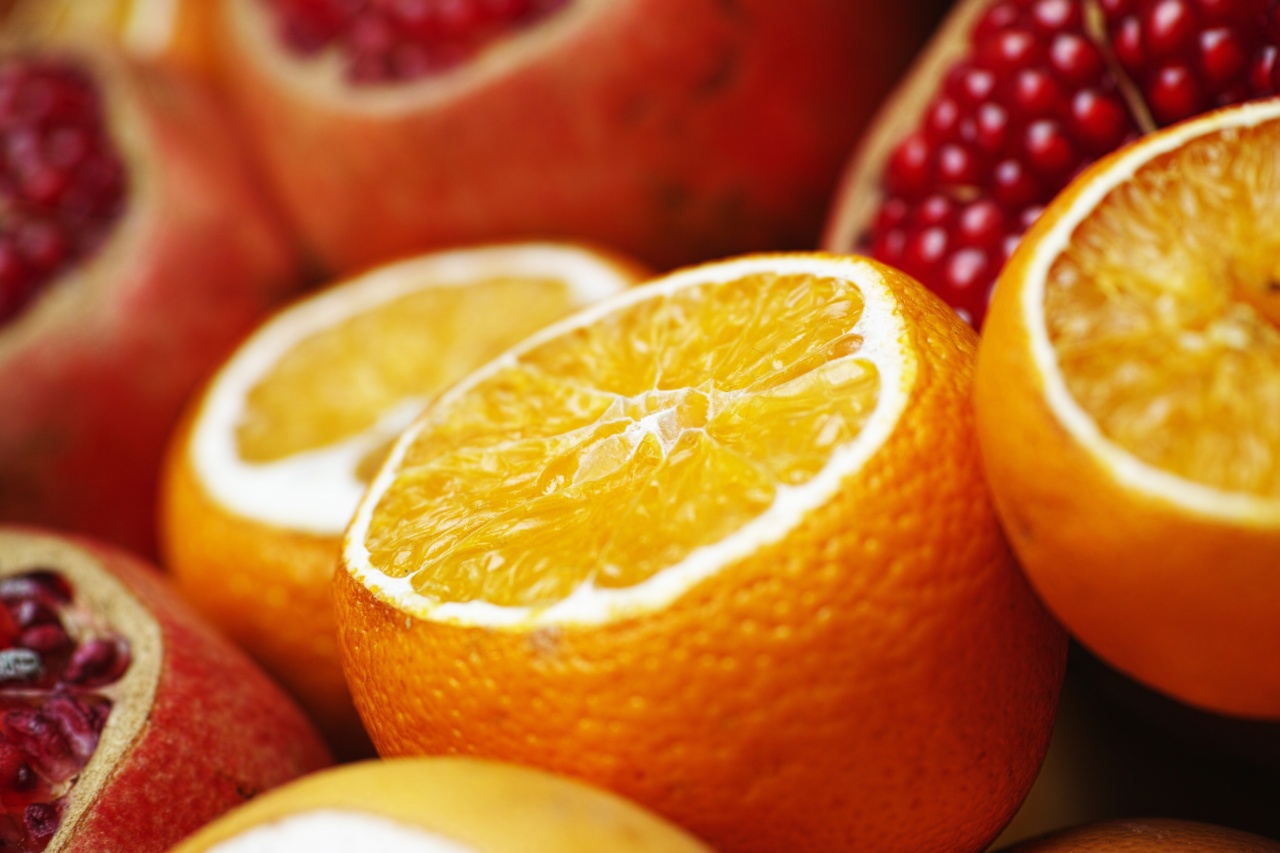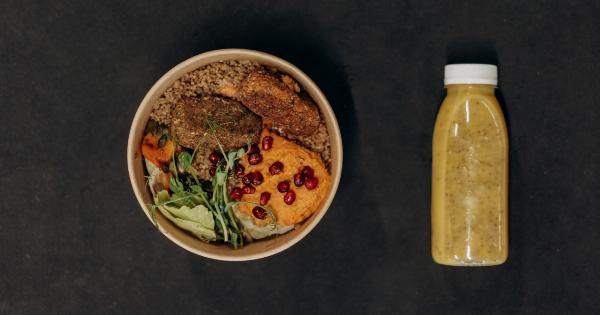Quinoa is a flowering plant belonging to the Amaranth family and is grown for its edible seeds. It has been cultivated for over 5,000 years and was a staple food of the Inca civilization in South America.
Today, it has gained widespread popularity as a health food and is consumed in various forms, including salads, soups, and as a substitute for rice or pasta. In this article, we will discuss six major health benefits of quinoa.
High Nutritional Value
Quinoa is a complete protein, meaning it contains all nine essential amino acids required by the human body. This makes it an ideal food for vegetarians and vegans who may otherwise struggle to get enough protein in their diets.
In addition to protein, quinoa is also high in fiber, vitamins B and E, minerals such as iron and magnesium, and antioxidants. A single cup of quinoa (185 grams) contains approximately 8 grams of protein, 5 grams of fiber, and 222 calories.
Helps with Weight Loss
Because quinoa is high in fiber and protein, it can help you feel fuller for longer periods of time, reducing the chances of overeating or snacking between meals. The fiber in quinoa can also help regulate digestive processes and prevent constipation.
Furthermore, its relatively low glycemic index means that it does not cause sudden spikes in blood sugar levels that can lead to cravings and overeating.
Lowers the Risk of Chronic Diseases
Studies have shown that consuming quinoa may help prevent chronic diseases such as heart disease, diabetes, and certain types of cancer. Its high fiber content can help lower cholesterol levels and reduce the risk of heart disease.
Similarly, its low glycemic index can help regulate blood sugar levels and reduce the risk of type 2 diabetes. Quinoa also contains compounds called flavonoids, which have antioxidant properties that can help prevent cancer.
Improves Heart Health
As mentioned earlier, quinoa can help lower cholesterol levels, which in turn can improve heart health. It is also high in potassium, which can help regulate blood pressure.
A healthy diet that includes quinoa can also help maintain a healthy weight, which is another important factor in maintaining good heart health.
Gluten-Free Alternative
Quinoa is a gluten-free alternative to wheat, barley, and rye, making it suitable for individuals with celiac disease or gluten intolerance. It can be used in various gluten-free recipes, such as bread, muffins, and pancakes.
In addition to being gluten-free, quinoa is also a low-allergen food, making it a safe option for individuals with food allergies.
Easy to Incorporate into Your Diet
Quinoa is easy to incorporate into your diet and can be used in various dishes. It has a nutty flavor and a slightly crunchy texture that can add depth to salads and soups.
It can also be used as a substitute for rice, quinoa, or couscous and can be made into a pilaf or added to stir-fried vegetables. It can also be used as a breakfast cereal and made into porridge or added to smoothies.
Conclusion
Quinoa is a versatile and nutrient-dense food that offers numerous health benefits. It is a complete protein, high in fiber, vitamins, minerals, and antioxidants, making it an ideal food for those looking to maintain a healthy diet.
Its consumption has been shown to reduce the risk of chronic diseases such as heart disease, diabetes, and cancer. Furthermore, it is a gluten-free alternative to wheat, barley, and rye, and can be easily incorporated into various dishes.




























